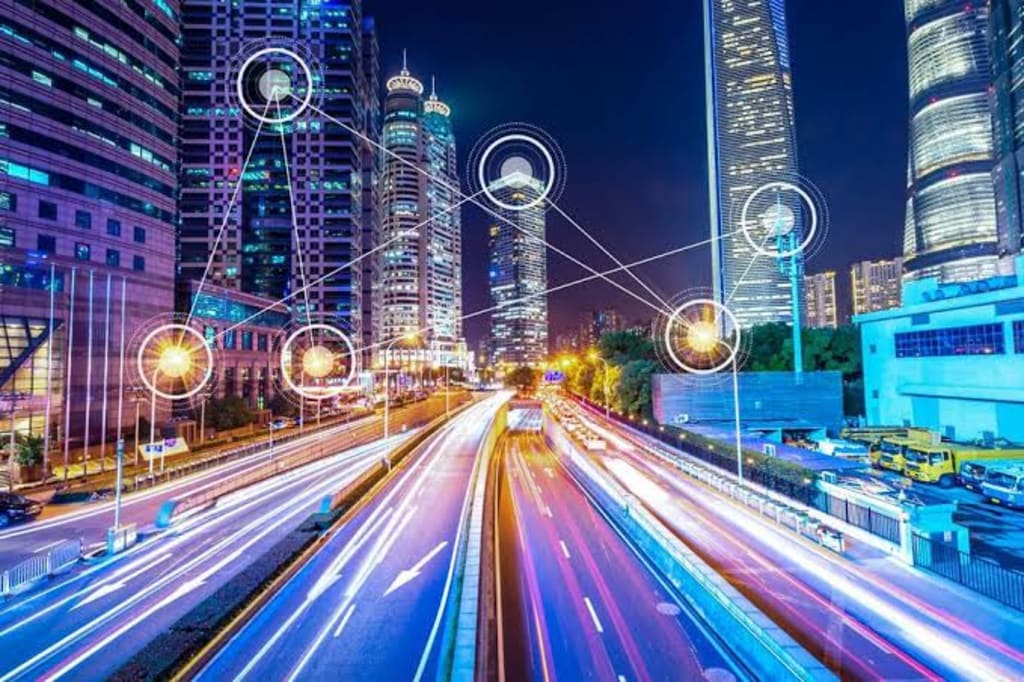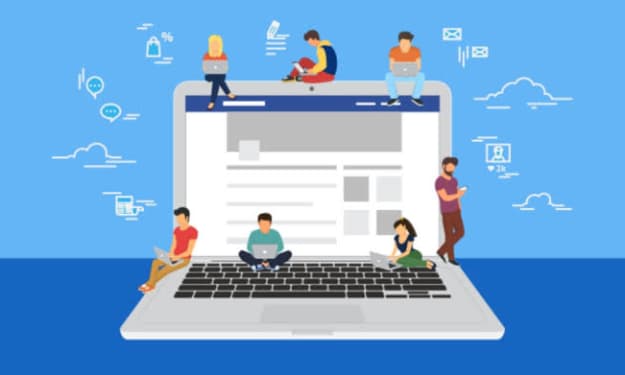The Internet of Things: Transforming Our Homes and Cities
“Enhancing Connectivity and Efficiency: The IoT Revolution in Urban and Domestic Settings”

Introduction
The Internet of Things (IoT) has emerged as a groundbreaking technology that is revolutionizing the way we live, work, and interact with our environment. With the proliferation of connected devices and seamless data exchange, the IoT is reshaping our homes and cities, ushering in a new era of efficiency, convenience, and sustainability.
The Connected Home
The IoT is bringing connectivity into our homes, transforming them into smart spaces that cater to our needs. Smart thermostats, lighting systems, and appliances allow us to control and monitor our energy consumption, enhancing efficiency and reducing costs. For example, smart thermostats learn our temperature preferences and adjust accordingly, ensuring optimal comfort while minimizing energy waste. Lighting systems can be remotely controlled and scheduled, saving electricity and adapting to our daily routines. Smart appliances offer advanced features such as remote operation and energy usage monitoring, allowing us to make informed decisions about our resource consumption. Home security systems equipped with IoT capabilities provide remote monitoring and real-time alerts, ensuring our homes are safe and secure. Additionally, voice-activated assistants and smart entertainment systems offer personalized experiences, making our lives more convenient and enjoyable.
Smart Cities
Beyond our homes, the IoT is revolutionizing entire cities, creating smart urban environments that optimize resource management and improve the quality of life for residents. Smart grids enable efficient energy distribution, reducing waste and carbon emissions. By leveraging real-time data from smart meters and sensors, utility providers can accurately monitor energy demand, identify areas of inefficiency, and dynamically adjust energy distribution. This results in cost savings, reduced environmental impact, and a more reliable energy infrastructure. Intelligent transportation systems use IoT technology to optimize traffic flow, minimize congestion, and enhance public transportation services. Real-time data from connected vehicles, traffic sensors, and public transportation networks enable dynamic route planning, reducing travel time and fuel consumption. Smart waste management systems monitor trash levels, optimizing collection routes and promoting sustainability. IoT sensors in waste bins and garbage trucks provide real-time data on fill levels, allowing waste management authorities to optimize collection routes and reduce unnecessary pickups. Furthermore, IoT-enabled public safety systems enhance emergency response capabilities and enable predictive crime analytics, ensuring safer communities. Real-time data from surveillance cameras, sensors, and social media feeds can be analyzed to identify patterns, predict potential crime hotspots, and improve emergency response times.
Healthcare and Wearable Devices
The IoT is making significant contributions to the healthcare industry, enabling remote patient monitoring, personalized medicine, and improved healthcare outcomes. Wearable devices, such as fitness trackers and smartwatches, collect vital health data and provide real-time feedback, empowering individuals to take control of their well-being. These devices can monitor heart rate, sleep patterns, physical activity, and other health metrics, helping individuals track their progress and make informed decisions about their lifestyle. Healthcare professionals can remotely monitor patients with chronic conditions, reducing the need for frequent hospital visits and enabling timely intervention. IoT-enabled medical devices and telemedicine solutions allow healthcare providers to deliver personalized care to patients, regardless of their geographical location. Through telemedicine, patients can consult with doctors remotely, receive diagnoses, and even undergo virtual treatments. This technology is particularly beneficial for individuals in rural or underserved areas, improving access to healthcare services and reducing healthcare disparities.
Environmental Impact and Sustainability
The IoT plays a crucial role in promoting sustainability and mitigating the environmental impact of our activities. Smart sensors and monitoring systems track air quality, water usage, and waste management, providing valuable insights for efficient resource utilization. For example, air quality sensors can monitor pollution levels in real-time, helping authorities identify areas with poor air quality and take appropriate measures to address the issue. Precision agriculture utilizes IoT technology to optimize irrigation, monitor crop health, and minimize pesticide use, fostering sustainable farming practices. Soil sensors can measure moisture levels, allowing farmers to optimize irrigation and prevent overwatering. Crop health can be monitored using IoT-enabled drones equipped with cameras and sensors, helping farmers detect diseases, pests, or nutrient deficiencies at an early stage. Additionally, IoT-enabled energy management systems help reduce energy consumption in buildings, contributing to a greener future. Smart building automation systems can adjust lighting, heating, and cooling based on occupancy and ambient conditions, ensuring optimal energy usage. Real-time energy monitoring allows building managers to identify energy inefficiencies, implement energy-saving measures, and track the environmental impact of their operations.
Security and Privacy Concerns
While the IoT offers numerous benefits, it also raises concerns regarding security and privacy. With a vast number of connected devices, the risk of cyber attacks and data breaches increases. Safeguarding personal information, securing networks, and implementing robust encryption protocols are crucial to protect individuals and organizations from potential threats. Manufacturers and developers must prioritize security throughout the entire lifecycle of IoT devices, including strong authentication, secure data transmission, and regular software updates. Additionally, transparent data collection and privacy regulations are necessary to address concerns surrounding data ownership, usage, and consent. Individuals should have control over their personal data and be informed about how it is collected, used, and shared. Privacy policies and regulations should be in place to protect individuals' rights and ensure that data is used ethically and responsibly.
Conclusion
The Internet of Things is transforming our homes and cities, revolutionizing various aspects of our lives. From connected homes that enhance convenience and energy efficiency to smart cities that optimize resource management, the IoT is shaping a future that is more interconnected, sustainable, and technologically advanced. However, as we embrace the potential of IoT, it is vital to address security and privacy concerns to ensure a safe and trusted environment for its widespread adoption. With continued advancements, the Internet of Things has the potential to redefine our relationship with technology and unlock unprecedented opportunities for innovation and progress. By leveraging the power of the IoT, we can create smarter, more sustainable homes and cities that improve our quality of life while preserving our environment.
About the Creator
Zapyus
"Hello, I'm Zapyus, a passionate writer and content creator. I create articles and stories to captivate readers. Let's embark on a journey of knowledge and inspiration together. Let's make a difference through storytelling."
Enjoyed the story? Support the Creator.
Subscribe for free to receive all their stories in your feed. You could also pledge your support or give them a one-off tip, letting them know you appreciate their work.






Comments
There are no comments for this story
Be the first to respond and start the conversation.